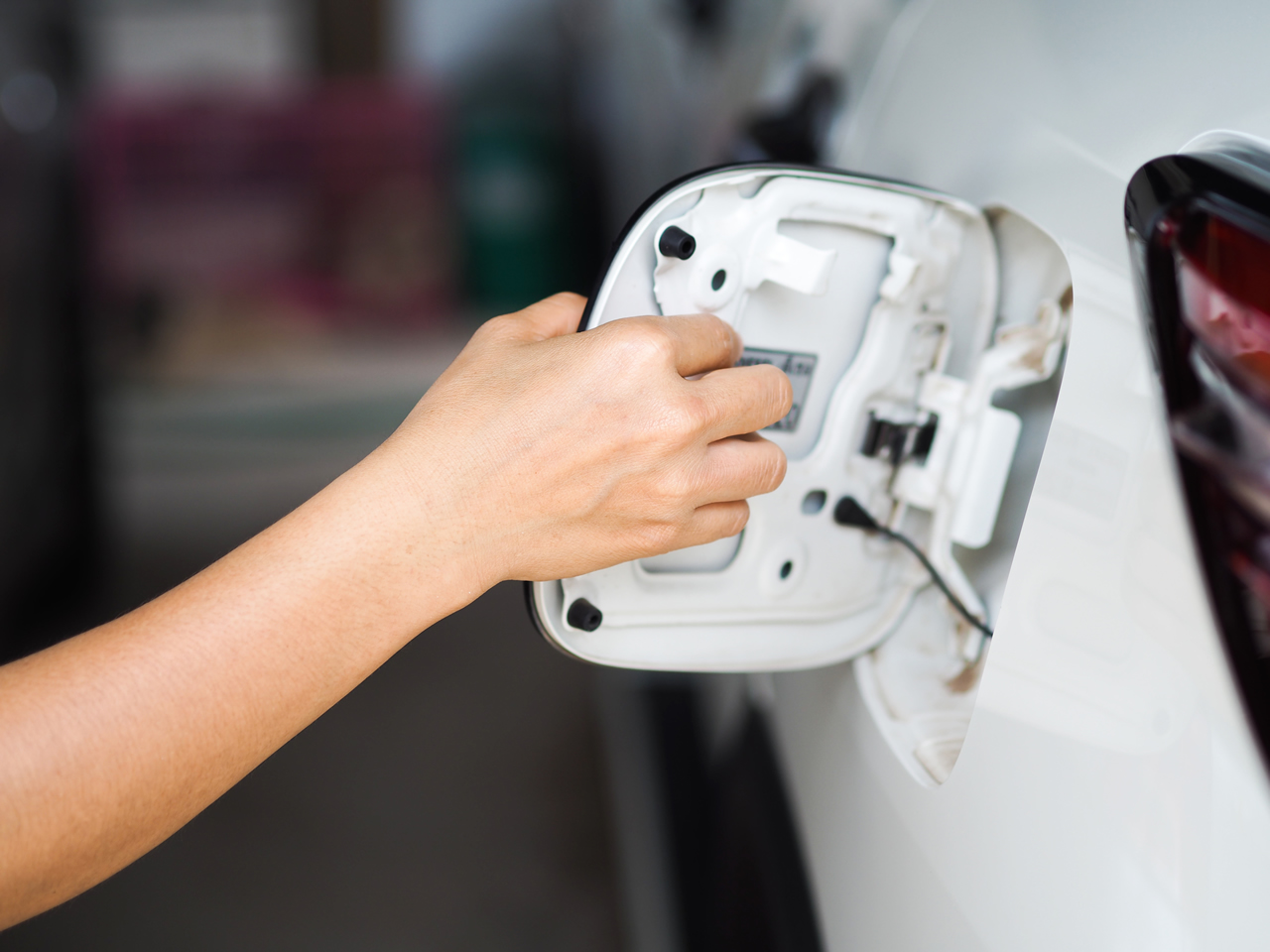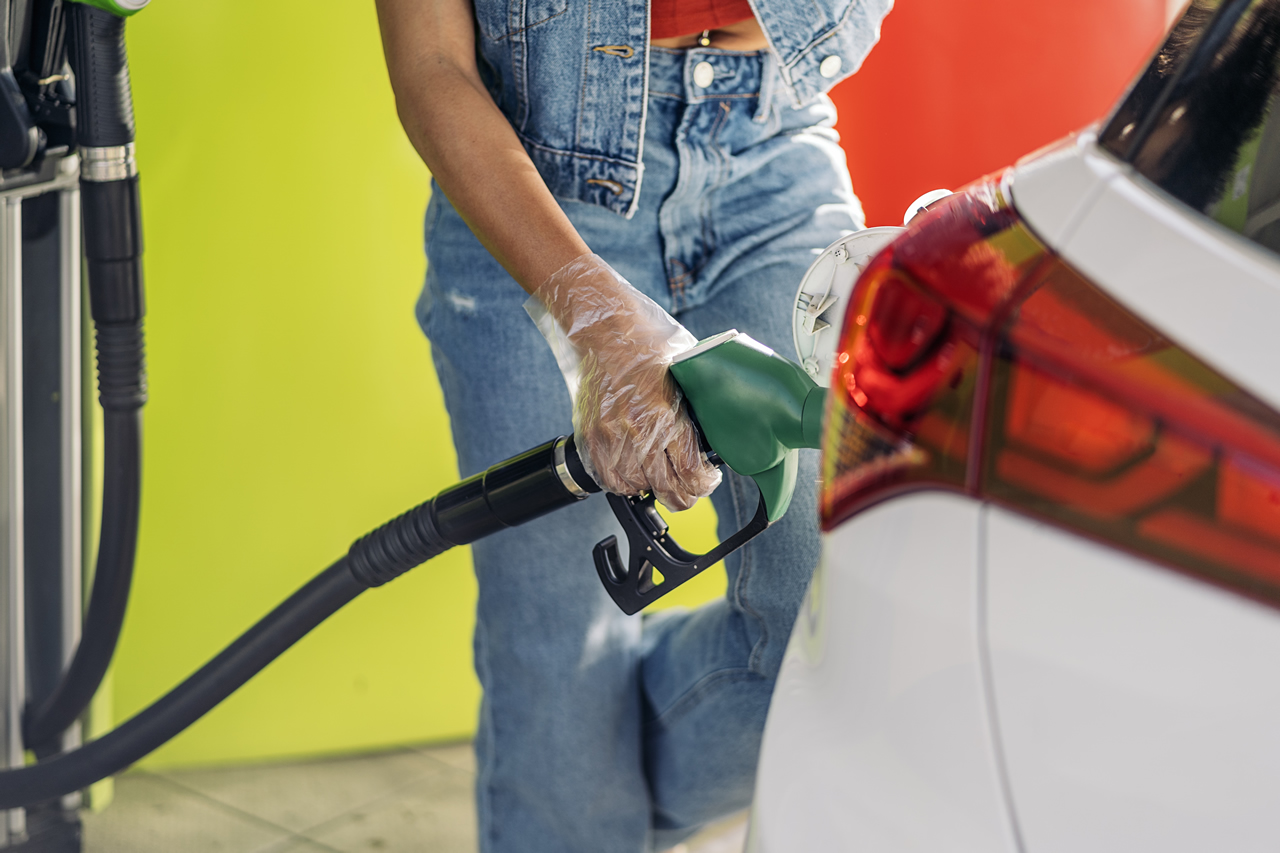A vehicle's fuel system plays a crucial role in the proper functioning of the engine. It acts as the intermediary between the fuel tank and the engine, ensuring a steady supply of fuel. The fuel system is composed of various components, including the fuel tank, fuel pump, fuel filter, fuel injectors, and fuel lines.
The fuel tank is where the fuel is stored, and the fuel pump is responsible for transferring the fuel from the tank to the engine. The fuel filter helps remove any impurities or contaminants present in the fuel, while the fuel injectors deliver the fuel into the engine cylinders in a controlled manner. Lastly, the fuel lines transport the fuel throughout the system. Overall, the fuel system is a complex network that requires regular inspection and maintenance to operate efficiently and prevent any potential issues from arising.
Common fuel system issues
Fuel system issues are a common occurrence in vehicles and can vary in severity. One commonly encountered issue is a fuel pump failure. The fuel pump is responsible for delivering fuel from the tank to the engine, and when it fails, the engine may not receive enough fuel for proper combustion. This can result in poor performance, engine stalling, or even a complete failure to start. Another common issue is clogged fuel injectors. Over time, contaminants can build up in the fuel system and cause the injectors to become clogged. This can lead to a rough idle, reduced power, and decreased fuel efficiency.
Signs of a fuel system problem
One common sign of a fuel system problem is difficulty starting the vehicle. If you find that your car takes longer than usual to start or requires multiple attempts before it finally turns on, it may indicate a fuel system issue. This could be due to a clogged fuel filter, a malfunctioning fuel pump, or inadequate fuel pressure.
Another indication of a fuel system problem is poor fuel economy. If you notice that your vehicle is not achieving the same mileage as it used to, it may be a result of a faulty fuel system. A leaky fuel injector or a fuel pressure regulator that is not functioning correctly can cause an inefficient fuel burn, leading to decreased fuel efficiency. Additionally, a fuel system in need of maintenance can result in a rich fuel mixture, wasting fuel and impacting your wallet.
Importance of regular fuel system inspection
Regular fuel system inspection is an essential aspect of maintaining a well-functioning vehicle. When it comes to the overall performance and longevity of your vehicle, the fuel system plays a crucial role. A regular inspection helps in identifying and addressing any potential issues before they can escalate into major problems. By detecting and resolving these issues early on, you can prevent costly repairs down the line.
Furthermore, a regular fuel system inspection ensures optimal fuel efficiency. Over time, dirt, debris, and other contaminants can accumulate in the fuel system and affect its performance. This can result in decreased fuel efficiency and increased fuel consumption. By inspecting and cleaning the fuel system regularly, you can ensure that the fuel is flowing efficiently, leading to better mileage and savings at the pump. Moreover, a well-maintained fuel system also contributes to reduced emissions, helping you do your part for the environment.
Components of a fuel system
The fuel system in a vehicle is comprised of several components that work together to ensure the efficient delivery of fuel to the engine. One of the key components is the fuel pump, which is responsible for drawing fuel from the tank and delivering it to the engine at the correct pressure. Another important component is the fuel filter, which helps to remove impurities and contaminants from the fuel before it reaches the engine. Additionally, the fuel injectors play a crucial role in the fuel system by atomizing the fuel and injecting it into the combustion chambers of the engine. These components, along with others such as the fuel pressure regulator and fuel lines, work in harmony to ensure a smooth and reliable flow of fuel to the engine.
When it comes to the components of a fuel system, it is important to understand that each part has a specific function and must be in good working condition for the system to operate effectively. Over time, these components can become worn or clogged, leading to decreased fuel efficiency and potential engine problems. Regular inspection and maintenance of the fuel system can help to prevent issues and ensure optimal performance. By familiarizing yourself with the various components and their functions, you can better understand the importance of a well-maintained fuel system in keeping your vehicle running smoothly and efficiently.
Fuel system inspection process
During the fuel system inspection process, the first step is to visually inspect all components of the fuel system for any signs of damage, leaks, or wear and tear. This includes the fuel tank, fuel lines, fuel filter, and fuel injectors. Any abnormalities or concerns should be noted for further investigation.
Next, it is important to perform a pressure test on the fuel system to ensure that it is functioning properly. This involves connecting a pressure gauge to the fuel rail and checking the pressure against the manufacturer's specifications. Any variations in pressure could indicate a problem with the fuel pump or a clogged fuel line. Additionally, checking the fuel pressure regulator for proper operation is also crucial during this step of the inspection process.
Tools needed for a fuel system inspection
To conduct a thorough fuel system inspection, there are several tools that are essential. Firstly, a fuel pressure gauge is a must-have tool. This gauge allows you to measure the pressure within the fuel system accurately. By doing so, you can determine if the pressure is within the manufacturer's recommended range, which is vital for optimal engine performance. Additionally, a fuel pressure gauge can help diagnose various fuel system issues such as a failing fuel pump or a clogged fuel filter.
Another crucial tool for a fuel system inspection is a fuel injector tester. This tool allows you to check the performance of each individual fuel injector. By connecting the tester to the fuel injector, you can observe the spray pattern and measure the flow rate. This information is crucial in identifying any fuel injector that is malfunctioning, whether it is leaking, clogged, or delivering an insufficient amount of fuel. With a fuel injector tester, you can pinpoint specific problems within the fuel system and ensure that each injector is working at its best.

Tips for conducting a thorough fuel system inspection
When conducting a thorough fuel system inspection, it is important to start by visually inspecting the fuel tank. Check for any signs of damage or leakage, as this could indicate a potential issue with the fuel system. Additionally, inspect the tank for any dirt or debris that may have accumulated over time, as this can clog the fuel lines and affect the performance of the system.
Next, move on to inspecting the fuel lines. Look for any cracks, leaks, or loose connections. It is important to pay close attention to any signs of wear or deterioration, as these can lead to fuel leaks and affect the overall operation of the system. Additionally, check for any kinks or bends in the fuel lines, as these can restrict the flow of fuel.
Common mistakes to avoid during a fuel system inspection
When inspecting a fuel system, it is important to avoid certain common mistakes to ensure accurate results. One common mistake to avoid is not properly preparing the vehicle for inspection. It is crucial to have the vehicle in a safe and secure location, with the engine turned off and cold. Failure to do so can lead to inaccurate readings and potential safety hazards. Another mistake to avoid is neglecting to wear the appropriate personal protective equipment (PPE). Fuel system components can be hazardous, and wearing gloves and safety glasses can help protect against injuries. Additionally, using the wrong type of tools or equipment for the inspection can result in damage to the fuel system components. It is essential to use tools specifically designed for fuel system inspections to prevent any potential issues.
Benefits of a well-maintained fuel system
A well-maintained fuel system can offer several benefits to vehicle owners. Firstly, it helps to improve fuel efficiency, which means fewer trips to the gas station and less money spent on fuel. With a clean and properly functioning fuel system, the engine can receive the right amount of fuel at the right time, resulting in optimal combustion and improved mileage. This not only saves money but also contributes to a greener environment by reducing carbon emissions.
Secondly, a well-maintained fuel system can enhance the overall performance and longevity of the vehicle. When the fuel system is clean and free from contaminants, it allows for better engine operation. A clogged or malfunctioning fuel system can lead to poor acceleration, engine misfires, and decreased performance. By keeping the fuel system well-maintained, the vehicle can run smoothly, efficiently, and even have a longer lifespan, reducing the need for costly repairs or premature replacements.
What is a fuel system?
A fuel system is a set of components that work together to deliver fuel to the engine for combustion.
What are some common issues with fuel systems?
Some common issues with fuel systems include clogged fuel filters, fuel pump failure, and fuel line leaks.
How can I tell if I have a problem with my fuel system?
Signs of a fuel system problem include engine misfires, decreased fuel efficiency, difficulty starting the engine, and unusual noises or smells.
Why is it important to regularly inspect the fuel system?
Regular fuel system inspections can help identify and address any potential issues before they worsen, ensuring optimal performance and preventing costly repairs.
What are the main components of a fuel system?
The main components of a fuel system include the fuel tank, fuel pump, fuel filter, fuel injectors, and fuel lines.
What is involved in a fuel system inspection?
A fuel system inspection typically involves checking for leaks, inspecting the condition of components, testing fuel pressure, and cleaning or replacing filters if necessary.
What tools are needed for a fuel system inspection?
Some tools needed for a fuel system inspection include a fuel pressure gauge, fuel line disconnect tool, socket wrench set, and a multimeter.
Any tips for conducting a thorough fuel system inspection?
Some tips for conducting a thorough fuel system inspection include following the manufacturer's guidelines, inspecting all components carefully, and using the appropriate tools for the job.
What are some common mistakes to avoid during a fuel system inspection?
Some common mistakes to avoid during a fuel system inspection include not properly depressurizing the fuel system, using incorrect tools, and neglecting to check all components.
What are the benefits of a well-maintained fuel system?
A well-maintained fuel system can improve fuel efficiency, enhance engine performance, prevent breakdowns, and extend the lifespan of the engine.
For more great DYI Automotive Videos on Youtiube , You can check out Evans Tuning channel.


